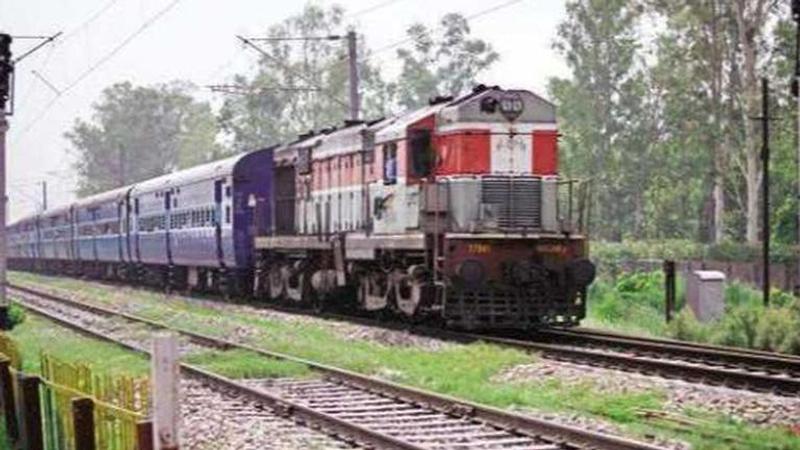Published 14:43 IST, January 23rd 2020
Railway commissions govt's first waste to energy plant; to turn e waste, plastic into light diesel oil
The East Coast Railway has commissioned the government's first waste-to-energy plant which will turn ewaste and plastic into light diesel oil in 24 hours, officials said on Thursday.

The East Coast Railway has commissioned the government's first waste-to-energy plant which will turn ewaste and plastic into light diesel oil in 24 hours, officials said on Thursday. A patented technology called "Polycrack" will be used in this waste-to-energy plant, which is first of itskind in Indian Railways and only the fourth in India.
"It is the world’s first patented heterogenous catalytic process which converts multiple feed stocks into hydrocarbon liquid fuels, gas, carbon and water.
"Earlier, lots of non-ferrous scrap generated from the Carriage Repair Workshop had no efficient method of disposal. As a result, these elements were being disposed by landfills, which had environmentally hazardous impact," said East Coast Railway spokesperson JP Mishra.
He said in this process, pre-segregation of waste is not required to reform the waste which can be directly fed into the machine to be converted into diesel.
"It has high tolerance to moisture hence drying of waste is not required. Waste is processed and reformed within 24 hours. It is an enclosed unit hence the working environment is dust free. Biological decomposition is not allowed as the waste is treated as it is received, the officer said.
The foot print of the plant is small hence the area required for installing it is less when compared with conventional method of processing. All constituents are converted into valuable energy thereby making it zero discharge process , he explained. Gas generated in the process is re-used to provide energy to the system thereby making it self reliant of its energy requirement and also bring down the operating cost, the officer said.
He also said that there is no atmospheric emission during the process unlike other conventional methods except for combustion gases which have pollutants less than prescribed norms the world over. The plant operates at around 450 degrees, making it a low temperature process when compared with other options.
The waste-to-energy plant has been constructed in three months at a cost of around Rs 2 crore. Waste generated from Mancheswar Carriage Repair Workshop, Coaching Depot and Bhubaneswar Railway Station will be feeder material for this plant. This plant will access 500 kg waste materials per batch, Mishra said.
An estimated income from the byproducts generated will be around Rs 17.5 lakh per annum, the official said while the annual maintenance cost per year will be Rs 10.4 lakh. While this is the first such plant over railways, it is the fourth in the country. The first plant is a small one with capacity of 50 kg/day set up by Infosys at Bangalore in 2011.The second one is at Moti Bagh, Delhi in 2014 with a capacity of 50 kg per day. The third one set up at Hindalco in 2019 with 50 kg capacity per batch.
Updated 14:43 IST, January 23rd 2020




